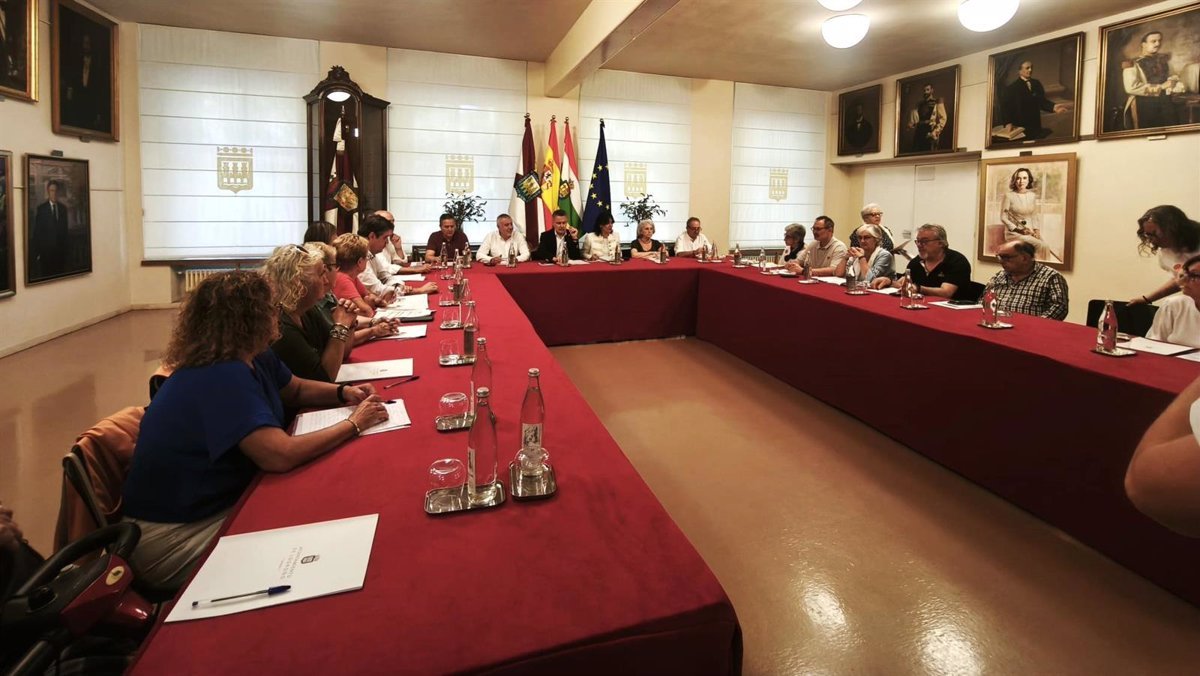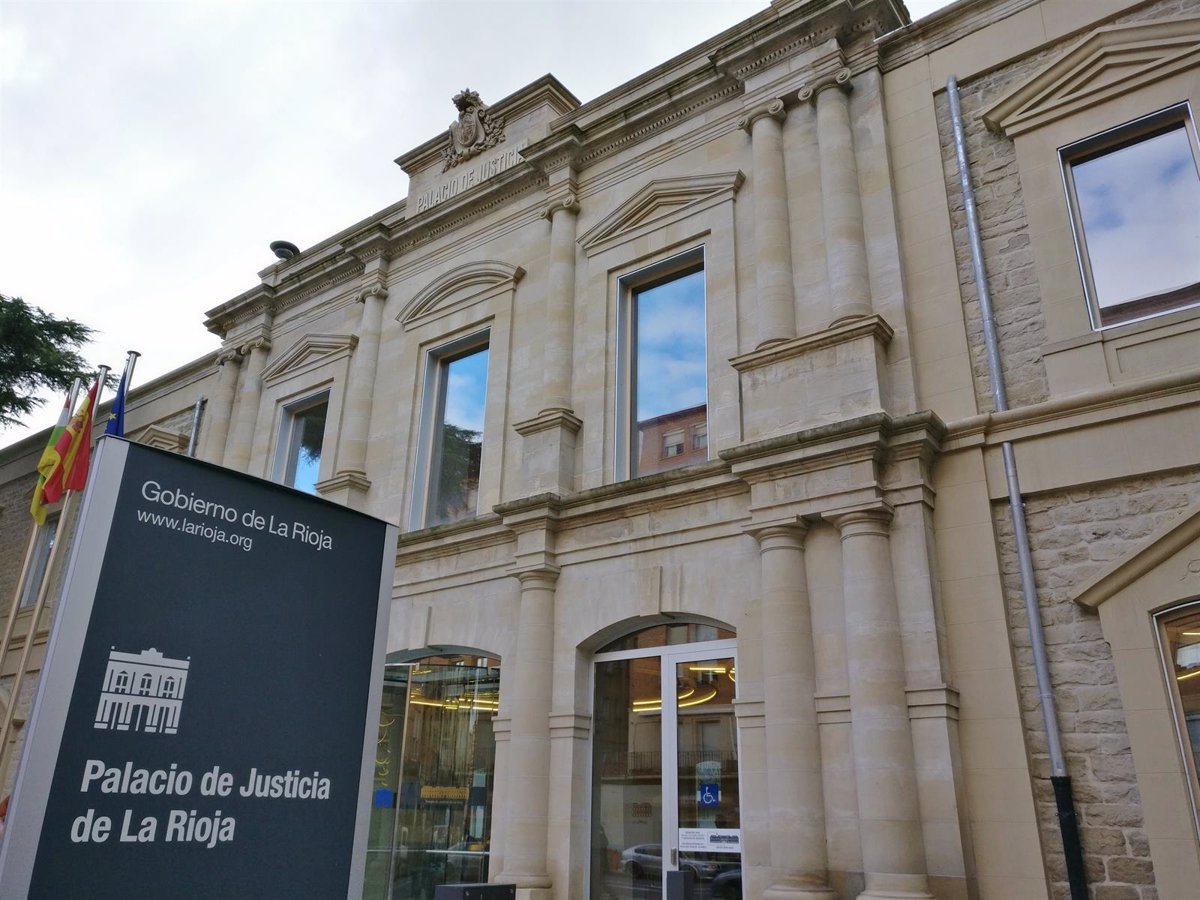The mayor and several councilors held a meeting on Monday with the driving group of ‘Logroño, Senior Friendly City’
Logroño expects to have its municipal office for the elderly operational by next October, initially located in the renovated San Blas Market.
This has been one of the demands, along with others such as digital divide – especially with regards to appointments – issues related to urban furniture, ageism, or treatment in banks, which have been highlighted in the meeting held by Mayor Conrado Escobar and several councilors with the driving group of ‘Logroño, Senior Friendly City’.
In this meeting, which is part of the commemoration of June 15, the International Day of Awareness of Elder Abuse, Escobar reiterated the «commitment of the Logroño City Council to promote the full integration and participation of the elderly in our society and to fight against ageism.
The mayor recalled that Logroño is part of the Network of Age-Friendly Cities promoted by the World Health Organization (WHO). And he appealed to «the people of Logroño to be aware of the need to eliminate ageist stereotypes and practices.»
«The elderly should be active, participatory, listened to, and respected in our city,» he added. «From the Logroño City Council, we have implemented and will continue to promote measures that favor active aging, personal autonomy, prevention of unwanted loneliness, and support and assistance to our elderly in all areas,» the mayor stated.
MANIFESTO AGAINST AGEISM
As part of today’s meeting, a manifesto has been read by the driving group to draw attention to the ageism affecting the elderly. June 15 commemorates the International Day of Awareness of Elder Abuse and Mistreatment.
This topic has been discussed in various meetings and even focused on an intergenerational discussion with a group of young people on April 29 to commemorate the European Day of Solidarity and Intergenerational Relations.
As summarized by the group’s spokesperson, Pedro Gómez, «the World Health Organization (WHO) refers to ageism as a form of social discrimination based on age, affecting many elderly individuals and being the third cause of discrimination, behind sexism and racism.»
Facing a reality of life that «continues» and in which they still «participate,» he noted that «in the Driving Group of the Senior Friendly City project, we meet monthly to reflect and make improvement proposals for the city with the aim of achieving a better city for the elderly in particular, and by extension for all the people of Logroño.»
This year, «we are reflecting on ageism and taking actions to make it visible, to draw attention to it as a first step towards its eradication.»
«Our reflection – he added – leads us to be surprised and saddened by some ageist practices that hinder our lives. For example, we witness a generalization of Appointments in the Administration and even more so of online procedures when many elderly individuals need in-person attention due to the digital divide they face.»
He also added that «the media often perpetuate negative stereotypes about old age.» And, especially, he referred to the «high percentage of elderly individuals dissatisfied with the treatment from banks, with some being denied a card for being 74 years old.»
Or health insurance companies «charge up to three times more for elderly individuals, in addition to reducing coverage and requiring copayments» and «Health removes elderly individuals from screenings, for example, for breast cancer, isn’t this practice ageist?» Pedro Gómez questioned.
He highlighted «other ageist practices that involve all citizens, such as making generalizations when referring to all elderly individuals with a raised voice as if they were all deaf, or addressing them in a paternalistic tone by calling them ‘grandparents’ or infantilizing them with diminutives or saying ‘they are like children’ are ageist attitudes that we can eradicate.»
«And also those that diminish our autonomy when in medical consultations the physician and the family interact without considering us or when our enjoyment and participation are limited because ‘they are no longer up for that,'» he pointed out. All of this, he said, in a Logroño where «many things can still be done.»











